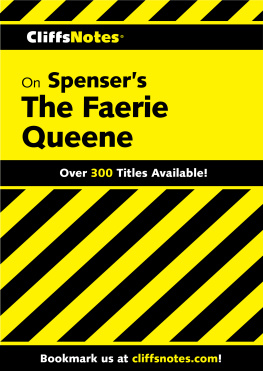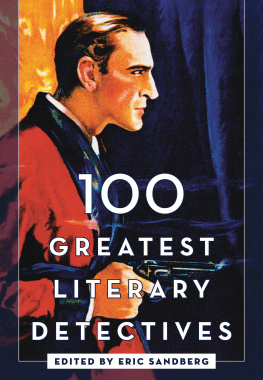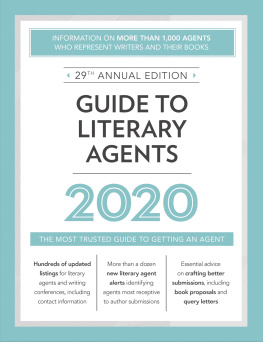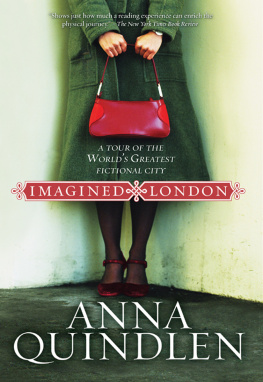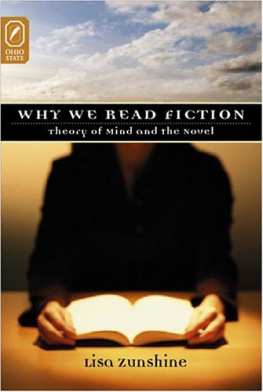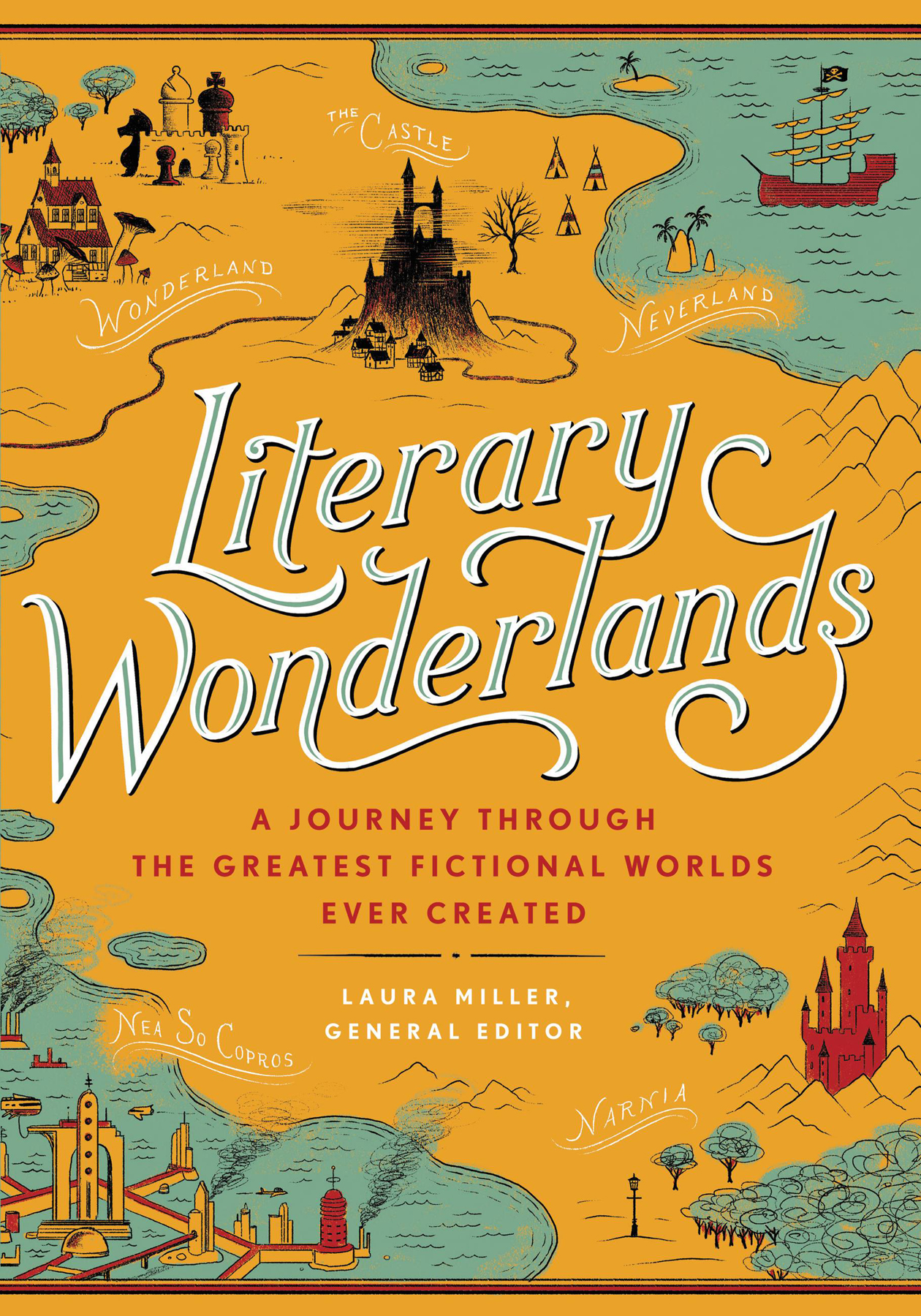Cover copyright 2016 by Hachette Book Group, Inc.
Text design by Peter Ross / Counterpunch Inc.
All rights reserved.
Hachette Book Group supports the right to free expression and the value of copyright.
The purpose of copyright is to encourage writers and artists to produce the creative works that enrich our culture.
The scanning, uploading, and distribution of this book without permission is a theft of the authors intellectual property. If you would like permission to use material from the book (other than for review purposes), please contact permissions@hbgusa.com. Thank you for your support of the authors rights.
Black Dog & Leventhal Publishers is an imprint of Hachette Books, a division of Hachette Book Group. The Black Dog & Leventhal Publishers name and logo are trademarks of Hachette Book Group, Inc. The publisher is not responsible for websites (or their content) that are not owned by the publisher.
The Hachette Speakers Bureau provides a wide range of authors for speaking events. To find out more, go to www.HachetteSpeakersBureau.com or call (866) 376-6591.
Of all the powerful spells that fiction casts upon usabsorbing plots, believable characters, vivid languageone of the least celebrated is its ability to make us feel transported to another time and place. Most avid readers have had the experience of setting down a book and needing to shake off the sights, smells, and sounds of a world they havent actually been to, or that may not even exist. We may never have set foot in Victorian London, and we certainly havent hiked through Middle-earth, but the writings of Arthur Conan Doyle and J. R. R. Tolkien have made those places seem more real, to millions of readers, than cities weve actually visited.
The works described in this book all conjure lands that exist only in the imagination. Some of these placesthe America of David Foster Wallaces Infinite Jest (1996, ) challenges readers to contemplate a form of intelligent life almost inconceivably alien from ourselves. Satirists like Jonathan Swift and Ngg wa Thiongo concoct bizarre yarns about talking horses and child-bearing corpses to confront us with a pointedly familiar reflection of our own behaviors. Then there are those unfettered fantasists, ranging from Italo Calvino to Neil Gaiman, whose great gift is to offer us visions in which the imagination can be set free to roam wherever it desires.
The roots of all these books lie in humanitys oldest stories: myths, fables, and folklorethe tales people made up to explain how the world came to exist and why it is the way it is. While literary criticism tends to valorize the ) were the works of Christian authors who sought to safeguard a portion of their pagan past. These books have survived in no small part because of their ability to reach across a span of centuries and speak to the inhabitants of new ages and worlds. The messy love lives of Ovids gods and goddesses; the questing courage of Malorys Arthurian knights; the dauntless faith of Wu Chengens Xuanzangall remind us of the worst and the best of ourselves. But, along with much that is recognizable, these stories also bewitch us with the rich and strange, the miraculous, the astonishing, and the awe-inspiring. The first tales human beings told each other, the ones that survive from our unrecorded past, were not about everyday life, but about the extraordinary: talking animals, wicked sorcerers, terrifying monsters, and cities built of gold and jewels.
Fantastic literature has always conducted a complex dialogue with the real world. Many of us read it to escape from that world but, more often than not, this fiction aims to make us see our own lives in a new light. Allegories like The Faerie Queene (1596, parts of the globe. Travel narratives like Marco Polos account of his journeys in Asia (c.1300) became immensely popular, starting in the fourteenth century, and travelers encounters with other cultures naturally encouraged wandering Westerners to contemplate what foreigners did better or worse than the folks back home.
Utopian fiction also arose from Enlightenment thinking itself. If reason and science proved themselves to be superior tools for understanding and mastering the natural world, why not apply them to the engineering of society as well? Writers would continue to produce utopian tales into the twentieth century; women, in particular, wanted to picture what a culture founded on gender equality or even female dominance might look like and, in a sense, Marxism is a utopian dream. By the nineteenth century, however, authors like Samuel Butler had turned to parodying utopian idealism. Utopias, arguably, make for dull reading, but dystopian fiction has demonstrated again and againright up to The Hunger Games (), are essentially works of social or political criticismattacks on the dominant ideologies and obsessions of the modern world. Many more simply depict the age-old dilemma of a restless individual at odds with the society into which he or she was born.
Often enough, industrialization and the rise of the mass media provoked this dissatisfaction, and writing a dystopian novel was not the only way to respond to such forces. The Golden Age of fantasy, during the first sixty years or so of the twentieth century, was largely a reaction to the wholesale destruction of deeply rooted ways of life in which human beings lived in intimate relation to the natural world. Another source of anxiety was the perceived loss of long-standing folk traditions. (The Brothers Grimm first began collecting fairy tales in the early 1800s, not to compile a book for children, but as an act of ethnographic conservation.) The great, genre-defining fantasies of this period, from The Lord of the Rings (195455, ), were fundamentally nostalgic, celebrating a vanishing, idealized world that existed before machines and market economies defined our lives. This was also a fertile time for childrens fiction, and many of the masters of the period, from J. M. Barrie to Tove Jansson, either incorporated the longing for a simpler, Arcadian idyll into their work or saturated everything they wrote with a melancholy lament for the lost innocence of childhood. Meanwhile, literary modernists like Franz Kafka and Jorge Luis Borges deployed surreal, uncanny, and absurd elements in their writings as the ideal tools for portraying the metaphysical paradoxes inherent in a post-religious culture.
The last half of the twentieth century was all about questions, and few literary forms are better suited to fermenting questions than the fantastic. The wonderlands devised by Ursula K. Le Guin, Kurt Vonnegut, Vladimir Nabokov, Samuel R. Delaney, and Octavia E. Butler interrogated long-held assumptions about, respectively, the primacy of European culture, modern warfare, the novel, sexuality, and race. Angela Carter took perhaps the most orthodox of literary forms, the fairy tale, and turned it inside out to reveal the unspoken desires and power of women hidden within. Science fiction became more than just a vehicle for technologically enhanced adventure and began to challenge the rapidly evolving postindustrial world, and to warn us about where it is heading. A few prescient writersWilliam Gibson and Neal Stephenson, first and foremostsucceeded, largely, in anticipating the central role that linked computers would play in the twenty-first century. Most strikingly, by coining the term cyberspace, Gibson recognized that our best mental model for understanding the vast and immaterial web of communications perpetually humming all around us is spatial. The Internet, we collectively decided, is a place. Much of it is made up of words. It just might be the ultimate literary wonderland.


